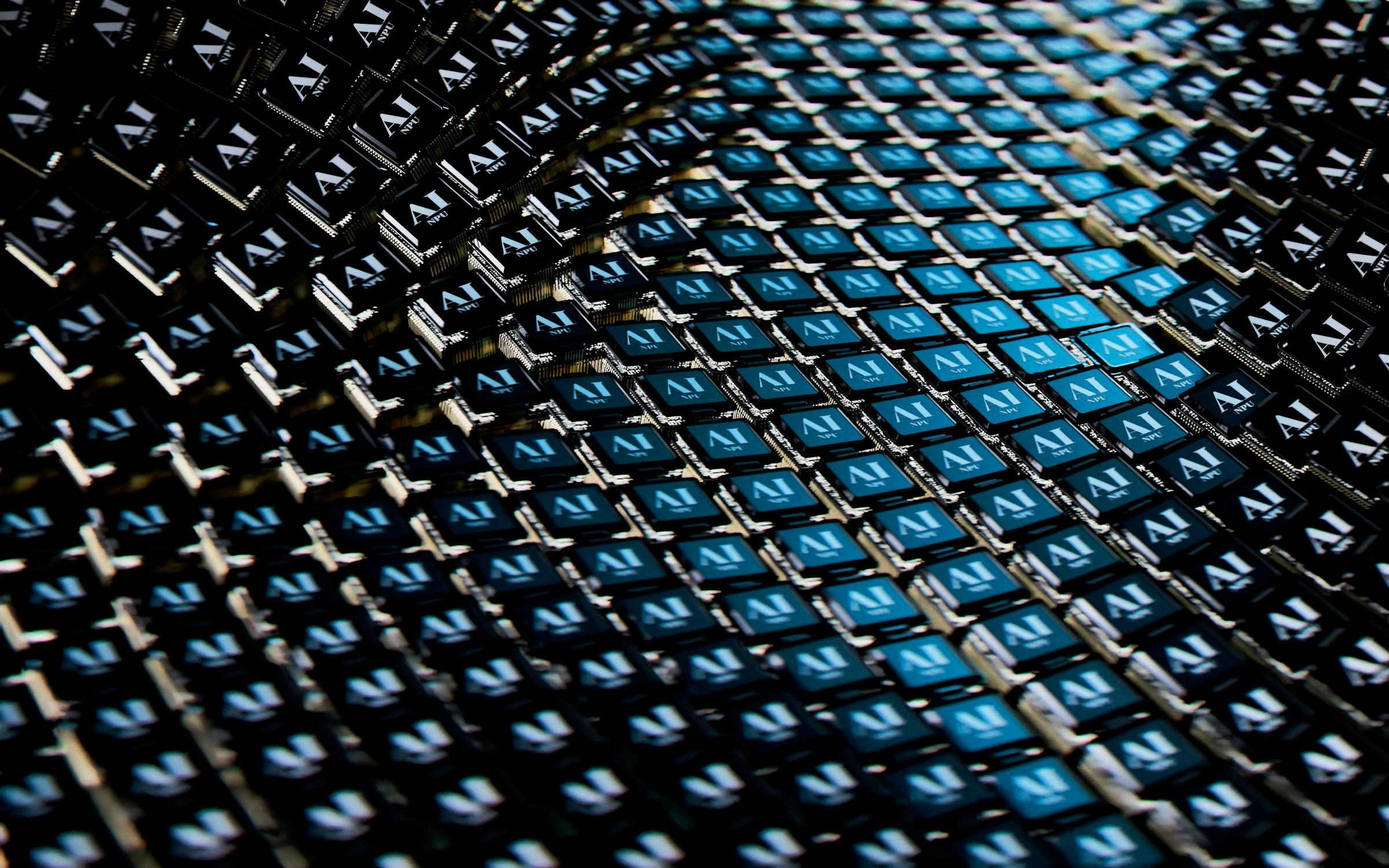Grief arrives like weather that does not follow your forecast. It bends time until minutes feel heavy and hours blur. It pulls focus from ordinary tasks and leaves you staring at a screen that no longer answers back. Your body changes under its weight. Sleep loosens or disappears. Appetite drifts. Muscles feel slow. None of this is a character flaw. It is biology doing what biology does when love collides with loss. Trying to overpower that biology with willpower often backfires. What helps is a design for living that stays steady when emotions surge. The question of how not to let grief consume you is really a question about how to give grief a clear place in your days without letting it take the whole house.
The first step is to reduce volatility. When you are grieving, the mind and body amplify extremes. You do not need larger doses of discipline. You need fewer spikes and fewer decisions. Predictable inputs become a form of kindness because they take pressure off a nervous system that is already working hard. Think of yourself as someone recovering from a major effort. You would not ask a runner to set new records the week after a marathon. You would set gentle distances, repeat them often, and protect recovery. The same logic applies here.
Start with sleep because it sits at the bottom of everything else. When sleep falls apart, mood and attention fall with it, and problems that you might manage in other seasons of life start to feel impossible. Protect sleep by choosing a fixed wake time and honoring it, even the morning after a restless night. Get light in your eyes soon after waking. Step outside for a few minutes. Keep caffeine earlier in the day, and keep alcohol low or absent. Move screens out of the bedroom. If you cannot sleep, leave the bed for a short while, sit with a paper book in dim light, and return when your body feels heavier. This small routine teaches your system that the bed is for rest, not rehearsal of fear.
Food comes next because grief can dull hunger or send it swinging. Waiting for appetite to return can turn into skipped meals and fragile energy. A time based rhythm works better than chasing signals that are unreliable right now. Eat within an hour of waking, eat lunch at a set time, and eat dinner a few hours before bed. Choose simple meals that emphasize protein and slow carbohydrates and keep hydration visible by placing water where you already move. Dehydration often masquerades as sadness. Reducing that variable keeps the day steadier. If cooking feels like climbing a hill in the rain, batch two simple base meals on one day, or lean on foods that need little effort. This is not the season for culinary ambition. It is the season for keeping the lights on.
Movement does not need to be heroic. The heart can run fast under grief and joints can feel like they carry extra weight. What regulates the nervous system is not intensity but rhythmic, repeatable motion. Short walks most days, light strength work a couple of times a week, and gentle mobility or stretching round out a humane plan. If fatigue rises, lower duration rather than abandoning movement altogether. Consistency builds a bridge that carries you across bad days. You do not need to prove anything to anyone. You are teaching the body that the world is still safe enough for motion.
Attention deserves its own design. Uncontrolled exposure to photos, messages, and timelines can feel like stepping into surf that knocks you down without warning. Boundaries are not avoidance. They are a way to decide when to feel on purpose. Choose narrow windows for hard content and keep them short. When those windows close, mute the feeds that pull you back into the undertow. Outside of those windows, point your attention at what you can influence. Water the plants. Fold laundry. Make a simple meal. Walk a familiar path. These are small acts, but they anchor the day in the ordinary, which is where recovery lives.
Work and chores also benefit from a gentler frame. Many people expect to operate at the same capacity they had before the loss. That expectation adds shame to exhaustion. Lower the target and choose three tasks a day, one meaningful and two maintenance. Put them on a sticky note. When the mind fogs, look at the note and take the next step. If you finish early, let the day be complete without adding more. Banking a win builds trust in your future self. You are not lazy. You are healing.
Breathing can sound like a flimsy tool when the heart is heavy, yet it is one of the few levers that reaches into the nervous system from the outside. Two minutes in the morning and two minutes at night is enough to make a difference. Inhale for four counts and exhale for six. The longer exhale is a clear message to the body that it can let go a little. Most of grief work is not about changing thoughts. It is about giving the body reasons to release its guard.
Social contact matters, but the format matters more than the volume. You do not need daily deep conversations. Micro doses often work better. Send one short message before noon to someone who knows your situation. Take one brief walk with a friend or call them for five minutes while you walk alone. Say yes to one shared meal a week where silence is allowed. Tell the people who love you that you may be quiet and that their presence still helps. You are not a burden for needing this kind of company. You are a person doing a hard thing.
Rituals can hold pain without letting it flood every hour. Create one small daily act to honor the person you lost. Light a candle. Wear a piece of jewelry. Play a particular song. Say their name out loud. Keep the ritual predictable in time and place. When waves of feeling rise outside that window, tell yourself that you will return to the ritual later and keep the promise. This practice contains the ache without negating it. Grief needs a room. You get to decide where that room sits in your house.
Expect triggers and plan around them. Funerals, anniversaries, legal tasks, and unexpected reminders produce spikes. Put a recovery block on the calendar after each known trigger. That block is real. It means no meetings, fewer expectations, and a return to the basics of light, food, water, movement, and early sleep. This is strategy, not surrender. You are building a dam that allows the river to move without washing you away.
A light touch with data can help you adjust. Track two numbers and one sentence each day. Note the hours you slept and the minutes you moved or steps you took. Add one line that labels your mood with a number from one to ten. Review the trend once a week. If sleep drops under six hours for several nights, tighten evening routines and reduce stimulating inputs. If movement disappears for a few days, invite someone to walk with you and keep it short. If mood stays very low for a week, reach out to a professional. Seeking help is a strong act, not a failure.
The mind will ask for certainty. It will bargain for a timeline and demand to know when this ends. You cannot rush grief and you cannot skip it. What you can do is build a loop that keeps you upright while the process unfolds. Begin with morning light and water. Feed yourself on a clock. Move your body in gentle ways that you can repeat most days. Set boundaries around hard content and choose small tasks you can complete. Close the day with dim light, a warm shower, slow breathing, and a page in a notebook that names three tasks for tomorrow and three feelings you noticed today. When the day collapses, and some days will, restart the loop as soon as you notice the drift. Any hour can be a new beginning.
When in doubt, choose kindness over ambition. You are not trying to return to who you were. Loss changes people. The aim is not to erase that change but to build a body and a day that can carry the weight. You can love someone and still sleep. You can miss someone and still eat lunch at noon. You can feel broken and still take a ten minute walk. You can cry in the afternoon and still turn off the light and trust that night will hold you.
If the weeks pass and you find that sleep is barely present, that food will not stay down, that panic comes often, or that substance use climbs, ask for more help. Call a therapist or a doctor and say clearly that grief is hard and you need clinical support. You already have a basic structure. Professionals can add tools that match your unique history and nervous system. Bringing in that care is not an admission of defeat. It is a continuation of the same principle that guides everything else here. When life becomes heavier than you can lift alone, you add supports that make lifting possible.
Grief will always ask to be felt. Let it. Give it time every day. Name it. Remember the person who is gone with words and objects and music. Then return to the loop that keeps you functioning. Over time, you will notice that the edges soften in small ways. Sleep lands a little more often. Meals ask less effort. Walks get a little longer. Work returns in pieces. It does not mean you loved less. It means your system learned to carry the love without breaking. That is the quiet victory no one sees. It is also the answer to the question that started all this. You do not let grief consume you. You build a day that can hold it, you keep small promises to your body, and you allow time to do its slow and patient work.














.jpg&w=3840&q=75)
